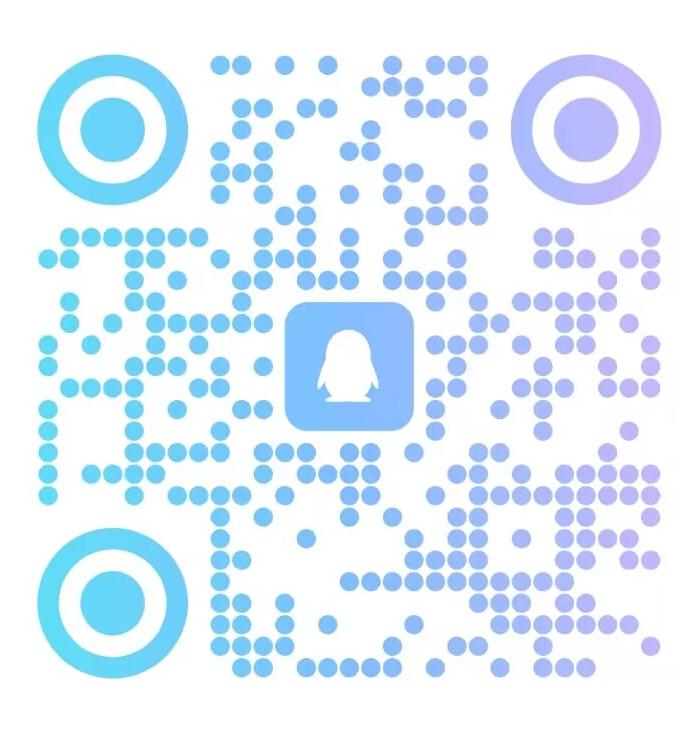QQ扫一扫联系

Questions 26 to 30 are based on the following passage.
Even plants can run a fever, especially when they’re under attack by insects or disease. But unlike humans, plants can have their temperature taken from 3,000 feet away-straight up. A decade ago, adapting the infrared (红外线) scanning technology developed for military purposes and other satellites, physicist Stephen Paley came up with a quick way to take the temperature of crops to determine which ones are under stress. The goal was to let farmers precisely target pesticide (杀虫剂) spraying rather than rain poison on a whole field, which invariably includes plants that don’t have pest (害虫) problems.
Even better, Paley’s Remote Scanning Services Company could detect crop problems before they became visible to the eye. Mounted on a plane flown at 3,000 feet at night, an infrared scanner measured the heat emitted by crops. The data were transformed into a color-coded map showing where plants were running “fevers”. Farmers could then spot-spray, using 50 to 70 percent less pesticide than they otherwise would.
The bad news is that Paley’s company closed down in 1984, after only three years. Farmers resisted the new technology and long-term backers were hard to find. But with the renewed concern about pesticides on produce, and refinements in infrared scanning, Paley hopes to get back into operation. Agriculture experts have no doubt the technology works. “This technique can be used on 75 percent of agricultural land in the United States,” says George Oerther of Texas A&M. Ray Jackson, who recently retired from the Department of Agriculture, thinks remote infrared crop scanning could be adopted by the end of the decade. But only if Paley finds the financial backing which he failed to obtain 10 years ago.
Plants will emit an increased amount of heat when they are ________.
sprayed with pesticides
facing an infrared scanner
in poor physical condition
exposed to excessive sun rays
In order to apply pesticide spraying precisely, we can use infrared scanning to ________.
estimate the damage to the crops
draw a color-coded map
measure the size of the affected area
locate the problem area
Farmers can save a considerable amount of pesticide by ________.
resorting to spot-spraying
consulting infrared scanning experts
transforming poisoned rain
detecting crop problems at an early date
The application of infrared scanning technology to agriculture met with some difficulties due to ________.
the lack of official support
its high cost
the lack of financial support
its failure to help increase production
Infrared scanning technology may be brought back into operation because of ________.
the desire of farmers to improve the quality of their produce
growing concern about the excessive use of pesticides on crops
the forceful promotion by the Department of Agriculture
full support from agricultural experts